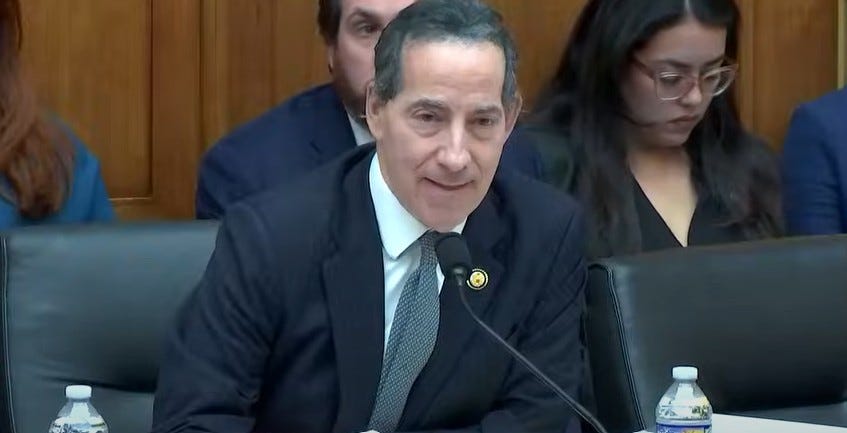Anger is on the rise in 2024. Ask ChatGPT or the search engine for scientific studies, Consensus, and they will feed you great gobs of information showing that anger in America is reaching record highs.

What’s more, they will tell you that much of the anger scientists have studied recently is based on politics. Republicans are furious at Democrats and Democrats are enraged by Republicans.
But when it comes to anger, politics is not the whole story. Road rage is up. And domestic violence is on the rise.
Why this record increase of anger? It has two causes. Frustration. And status.
In the late 1930s five researchers at Yale came up with the frustration-aggression hypothesis. Run a lab rat down a bowling-alley-like straight maze and give it food when it gets to the end. Do that over and over until the rat is certain it will get the treat. In other words, create a baseline of expectation.
Then put an electrified grid in front of the food, and what happens? The rat runs down the maze expecting a treat, but when it’s almost at its snack, its feet are zapped. Painfully. How does the rat respond?
Give it another rat to keep it company, and the frustrated rodent will beat the bejesus out of its innocent cage mate.
That’s the frustration-aggression hypothesis at work. Frustration leads to aggression. Fail to get what you expect and you will take out your anger on someone else.

To measure whether frustration produces aggression in human history, another pair of researchers looked at cotton prices and lynchings in the south from 1882 to 1930. Just as these Yale researchers expected, when cotton prices went down, lynchings went up.
Cotton farmers didn’t get the reward they expected when they reached the end of the growing season and harvested their crops. So, like the frustrated rat at the end of its maze, they took out their anger on innocent bystanders. They hung black men from trees.
Then there’s status. Normally, a chicken yard is peaceful. The top chicken rules and every chicken below her knows its place. But try shattering the pecking order. Toss a new chicken into the yard.
That chicken will have to fight for a place in the pecking order. Its fight threatens to lower the status of all the other chickens in the yard. And no chicken wants to lose her status. So all hell breaks loose.
Right now the American pecking order is undergoing that kind of radical change. Groups that formerly were on the bottom are fighting for a higher rung on the ladder, for a step up in what’s called the dominance hierarchy.
So the threat of being shoved down is producing an uproar. The threat of losing status is producing a rash of rage.
Working class white men without college degrees, in particular, do not want to see the blacks and Hispanics who were below them for centuries take positions above them. They don’t want to be shoved to the bottom of the social ladder.
So they are fighting for position by using politics. Especially the politics that says Hispanics are not just a threat, but Mexicans crossing our southern border are rapists and murderers. And the politics that implies that Blacks should stick to their old place below everyone else.

That’s why some people are outraged by DEI, diversity, equity, and inclusion. It’s all about status.
Then there’s the interaction between frustration-aggression and status. Working class white men without college degrees in particular have been raised with the expectation of the American Dream, and they feel that dream being ripped away from them. They feel that they are losing their status.
And, in fact, you can see that loss in their health. Their life expectancy is nose diving. They are dying of alcohol addiction, opioid addiction, fentanyl addiction, and suicide. How do these white working class men respond?
Like the rat running down the alley expecting food and receiving a shock. They are outraged. They are itching to beat someone up. Thanks to frustration and status, they are in a state of rage.
References:
Miller, Neal E. “I. The frustration-aggression hypothesis.” Psychological review 48, no. 4 (1941): 337. https://psycnet.apa.org/record/1941-04185-001
Hovland, Carl Iver, and Robert R. Sears. “Minor studies of aggression: VI. Correlation of lynchings with economic indices.” The Journal of Psychology 9, no. 2 (1940): 301-310. https://www.tandfonline.com/doi/pdf/10.1080/00223980.1940.9917696
https://news.gallup.com/poll/507725/global-rise-unhappiness-stalls.aspx
https://www.apmresearchlab.org/motn/what-makes-americans-angry-proud
https://www.mprnews.org/story/2024/04/23/mood-of-the-nation-angry
https://www.theguardian.com/lifeandstyle/2019/may/11/all-fired-up-are-we-really-living-angrier-times
https://washingtonmonthly.com/2020/04/05/white-death/
Road Rage Statistics 2024 | ConsumerAffairs®. https://www.consumeraffairs.com/automotive/road-rage-statistics.html
Road rage shooting incidents are up in US, with over 500 in 2022. https://www.usatoday.com/story/news/nation/2023/03/20/road-rage-shootings-rising-us-report-finds/11484488002/
https://www.springerpub.com/partner-abuse.html
https://techreport.com/statistics/domestic-violence-statistics/
______
Howard Bloom of the Howard Bloom Institute has been called the Einstein, Newton, Darwin, and Freud of the 21st century by Britain’s Channel 4 TV. One of his eight books–Global Brain—was the subject of a symposium thrown by the Office of the Secretary of Defense including representatives from the State Department, the Energy Department, DARPA, IBM, and MIT. Bloom’s work has been published in The Washington Post, The Wall Street Journal, Wired, Psychology Today, and the Scientific American. He does news commentary at 1:06 am Eastern Time every Wednesday night on 545 radio stations on the highest-rated syndicated overnight talk radio show in North America, Coast to Coast AM. For more, see http://howardbloom.net.



























































